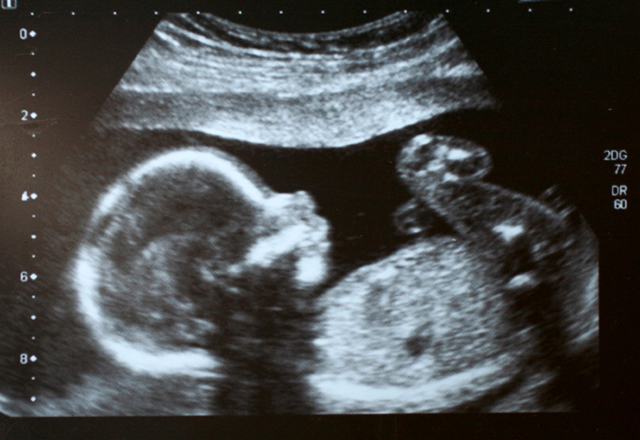Yesterday, Mississippi Gov. Phil Bryant (R) signed into law a bill protecting the health and safety of women and the lives of unborn children by limiting late-term abortion after 20 weeks.
At 20 weeks—five months—of pregnancy, unborn children are capable of feeling pain and women are at significantly increased risk of the negative health effects of abortion.
As Charmaine Yoest, Ph.D, president of Americans United for Life, explains:
A woman seeking an abortion at 20 weeks (five months) is 35 times more likely to die from abortion than she was in the first trimester. At 21 weeks or more, she is 91 times more likely to die from abortion than she was in the first trimester.
Failing to protect the health and safety of women and defend the lives of unborn children from late-term abortion has made United States’ policy on abortion extreme among developed nations.
The U.S. is one of only seven countries—including North Korea, China, and Vietnam—in which late-term abortions after 20 weeks are allowed. As a recent report from the Charlotte Lozier Institute details:
The United States is within the top 4% of most permissive abortion policies in the world (7 out of 198) when analyzing restrictions on elective abortion based on duration of pregnancy.… The clear norm among countries that permit elective abortion is to limit abortion to before 20 weeks gestation, and elective abortion is more commonly limited to 12 weeks (the first trimester).
Protecting women and children from the harms of late-term abortion is a stance consistent with the views of the majority of Americans. Two-thirds of Americans—including 60 percent of women—believe late-term abortion should generally be illegal. And 80 percent generally oppose abortions in the third trimester, when the child can live outside the womb and women are at a much greater risk for complications.
As more states take steps to protect unborn children and their mothers, we move closer to the day when both culture and law reflect the truth that every human being—from the moment of conception—is a person with intrinsic value who possesses the right to life. That fundamental human right doesn’t belong only to the strong and the powerful. It belongs to every human being—regardless of age, dependency, or ability.
Government has a duty to protect the weakest in society and to recognize the inherent value of all human life. A country founded to protect unalienable human rights should not deny those rights to the most vulnerable children in our society merely because they are small, dependent, disabled, or simply inconvenient.
Learn how to speak up for life through a new booklet published by Alliance Defending Freedom, Americans United for Life, Concerned Women for America, Focus on the Family, March for Life Education and Defense Fund, Susan B. Anthony List Education Fund, and The Heritage Foundation.
